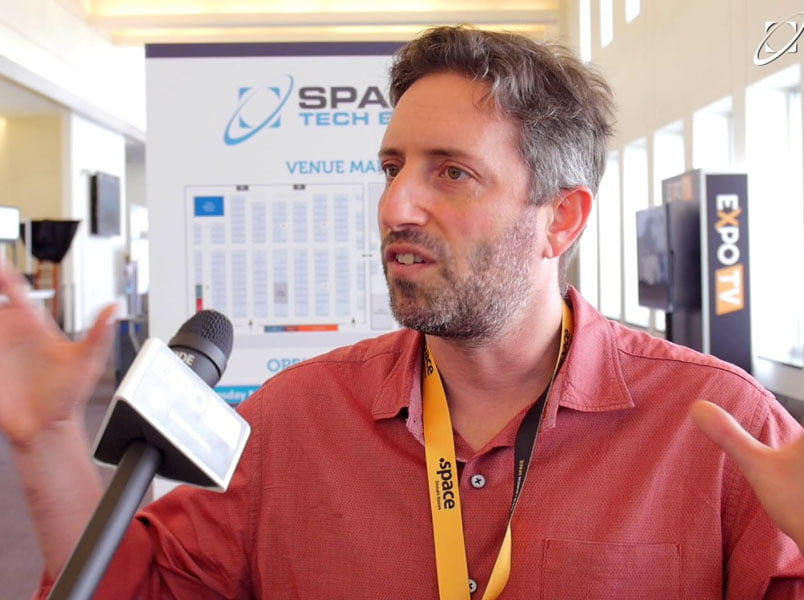Sydney-based space company Saber Astronautics has secured a $1 million-plus defence contract to roll out an electronic signals damage detection technology.
The funding is for phase two of a Defence Innovation Hub contract with the federal department of defence, and will go towards the company’s efforts to “advance the capability at detecting degraded electronic signals”.
The technology uses “advanced machine learning” to identify damage in electric signals from satellites.

“Everything we do in space is about data, and that data is coming down from satellites as a signal. There are so many things that can damage that signal and the quality of the image. We’re quite excited to solve that part of the problem,” Saber Astronautics founder Jason Held told InnovationAus.com.
The second phase of the contract will involve the local space startup developing a prototype of the technology that is ready to be rolled out by defence.
“We had a phase one last year that went quite well – we proved that we could do what we said we could do. Now phase two is to go from a demonstration to an actual prototype. In the demo you’re proving the science and showing a path to market, while phase two is getting the actual prototype in the hands of the customer where they can play with it and evaluate it,” Dr Held said.
The project will add “significant capabilities” to Australian defence, but also has the potential to benefit most space-focused companies in the country, Dr Held said.
“There are a lot of business that could do with a generic capability like this – the ability to detect damage on electronic signals can have a benefit for any product in space. And that has the downstream effects that are positive for mining, agriculture, navigation and anything else we’re using space for here on earth,” he said.
“And we like the idea of going to the moon and Mars one day, and this is the sort of technology that will make it easier to communicate with anything going into deep space.”
After the 20-month second phase, the next step will see the prototype deployed by defence, with the last phase involving the integrated capability development.
With Australia’s national space agency up and running from the start of this month, there are more opportunities than ever for local companies to partner with the government, and particularly in the defence realm.
“We haven’t decided if we’re going to be a full defence contractor, but we’ve always been defence-friendly. There’s a cross-over between space and defence no matter what country you’re going to. Saber has typically been a civilian space company, and we’ve always been open to supporting the country. This is a good chance for us to do that, Dr Held said.
The primary role of the space agency should be supporting companies like Saber to grow and develop new products, he said, with this leading to the economic gains signalled by the federal government.
“That’s only possible if we’re building our own companies in Australia that are actually building products. It’s not about government building them, it’s about us building them,” Dr Held said.
Do you know more? Contact James Riley via Email.

